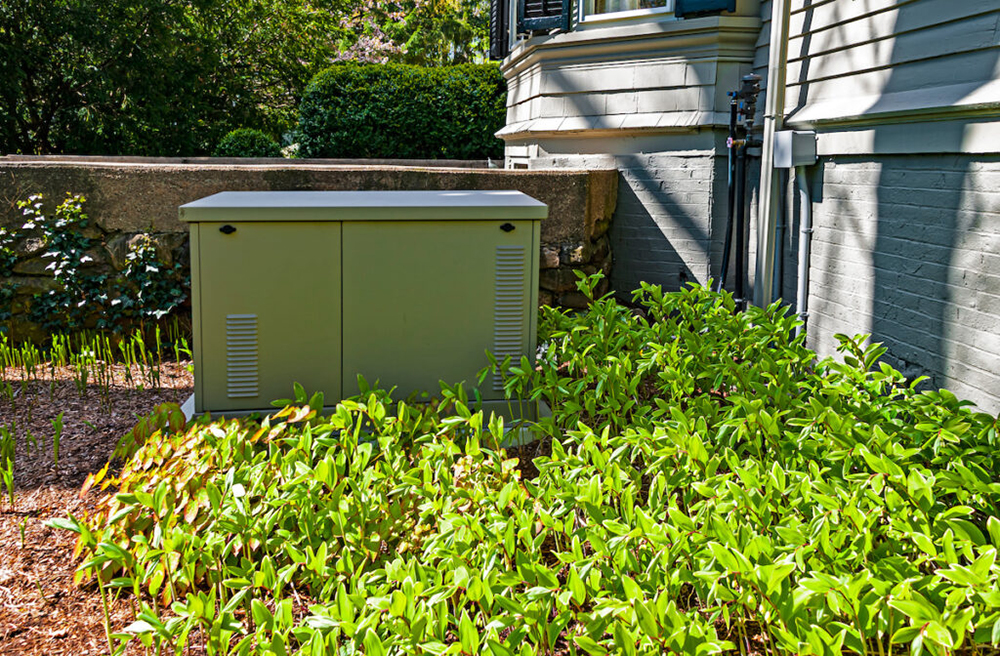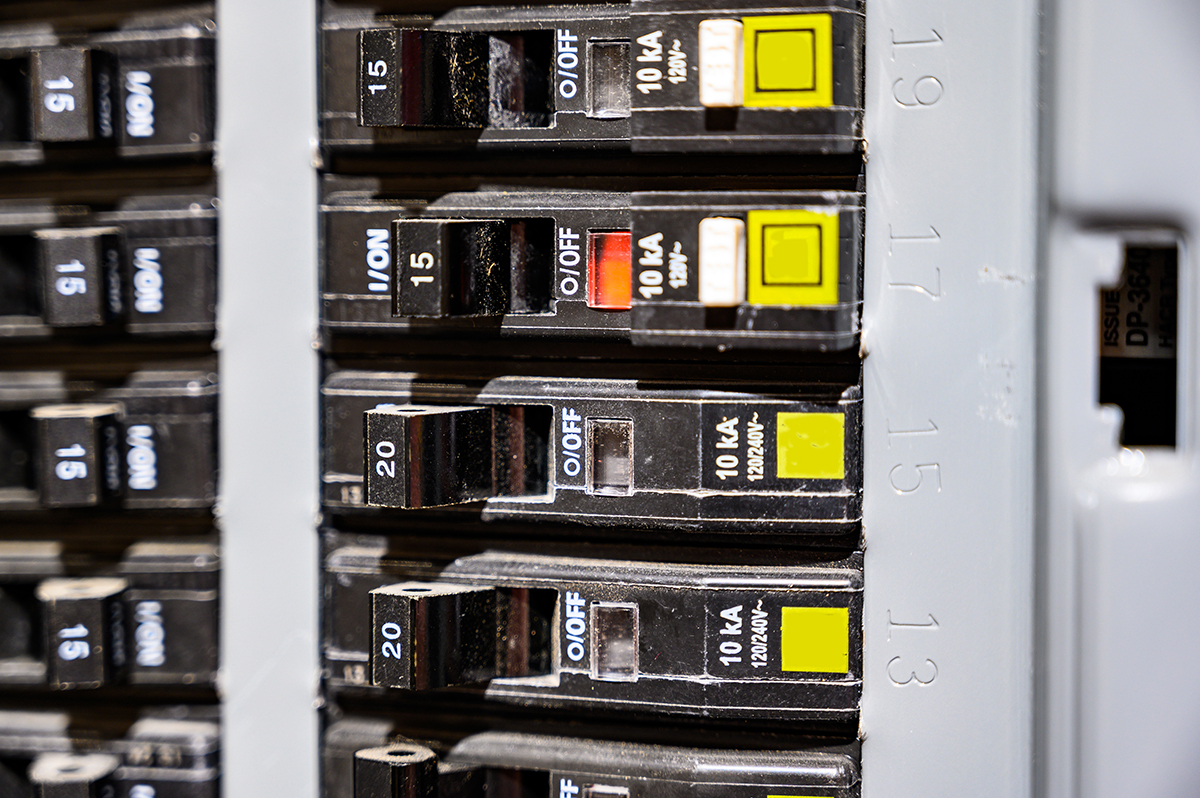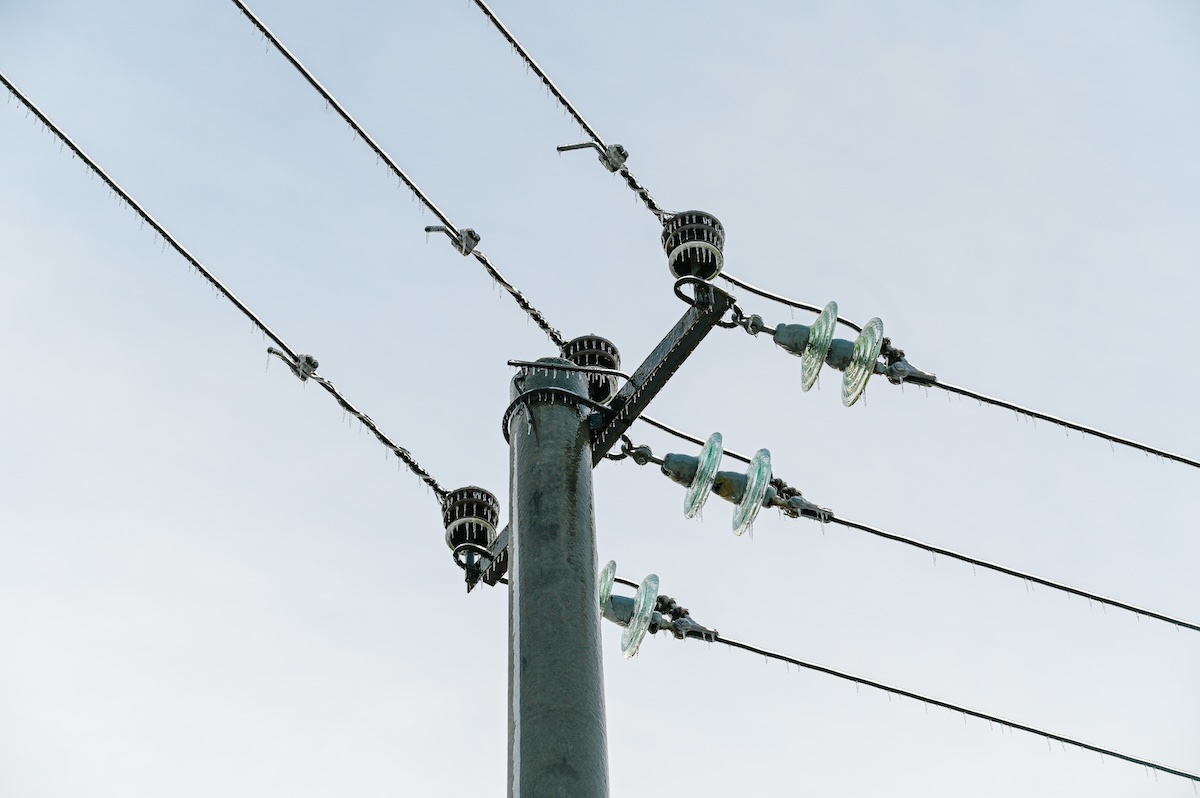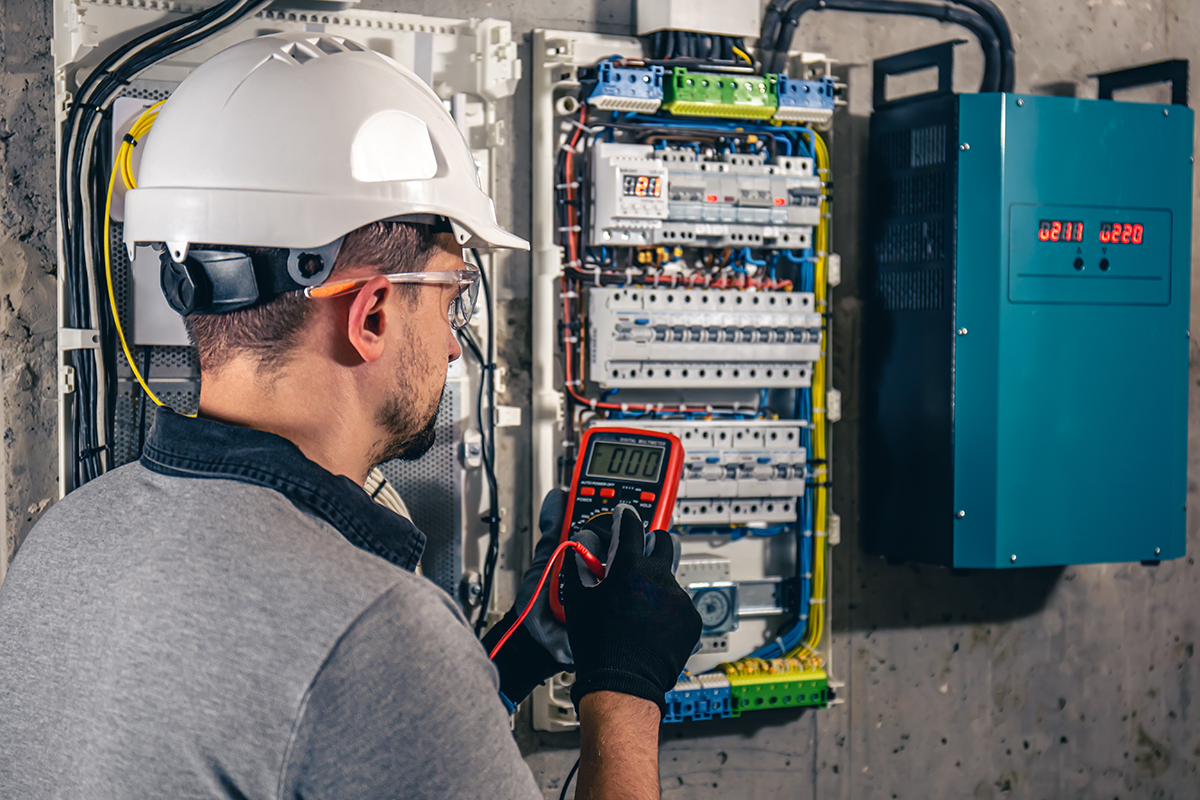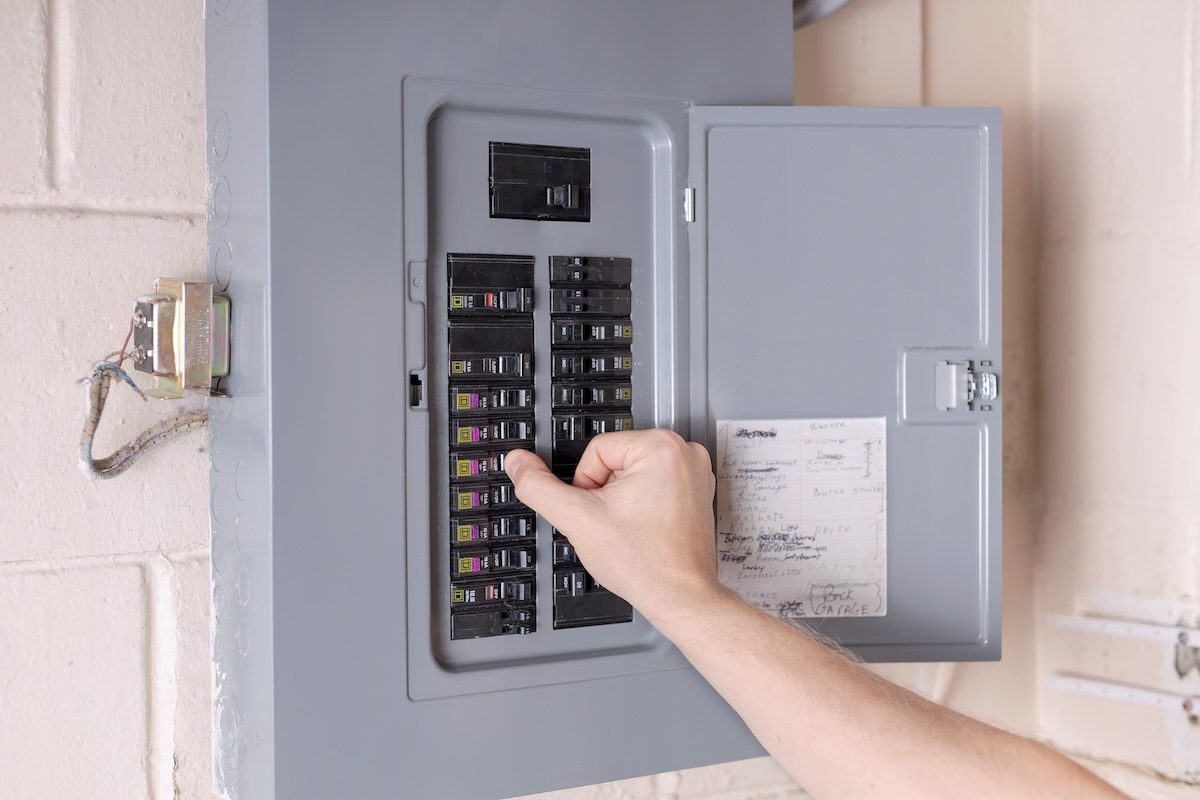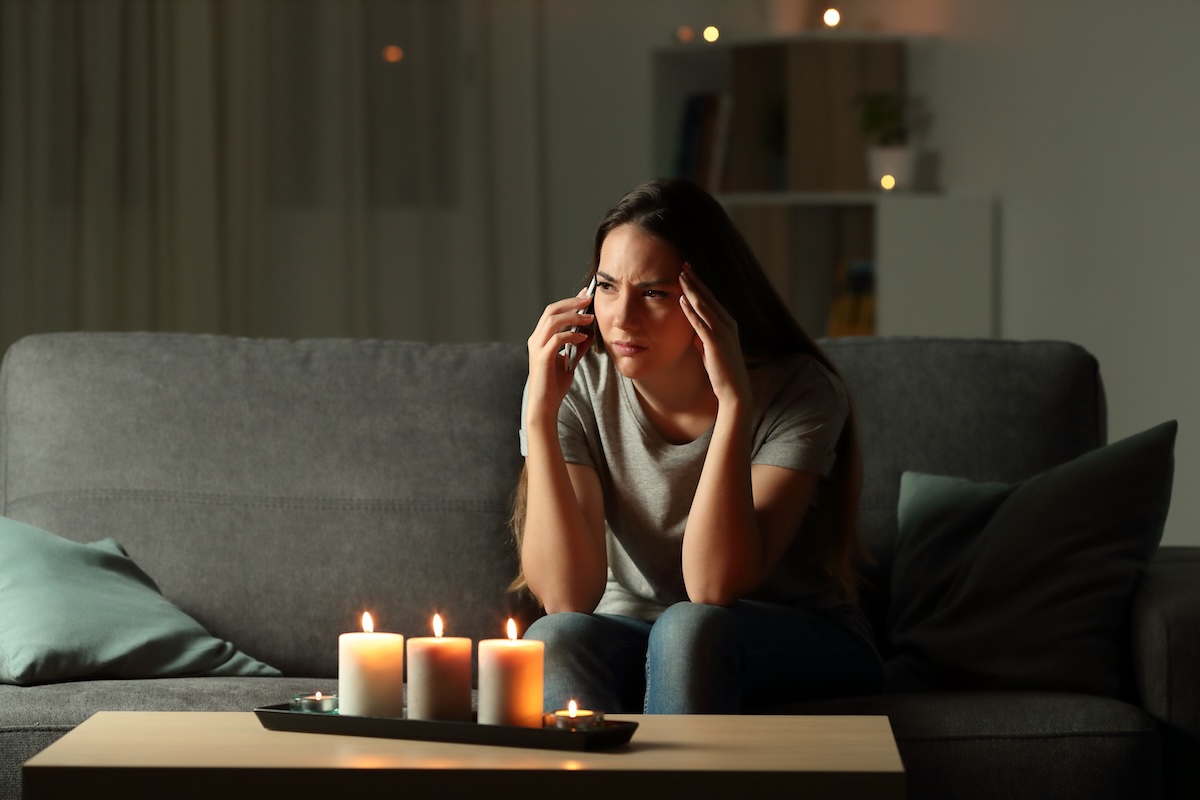In Houston, with our unpredictable weather, from scorching summers to hurricane seasons, having a backup power source can feel like a lifesaver—and in many cases, it literally is.
But when it comes to hooking up a generator for your home, you might wonder if it’s a task you can tackle yourself, or if you need to call in the pros.
If you’re only needing a portable generator, these units are typically designed for the DIY crowd. You don’t need to be an electrician to get them up and running. That’s because they’re pretty straightforward—plug in your extension cords, and voila, you’ve got (a little bit of) power.
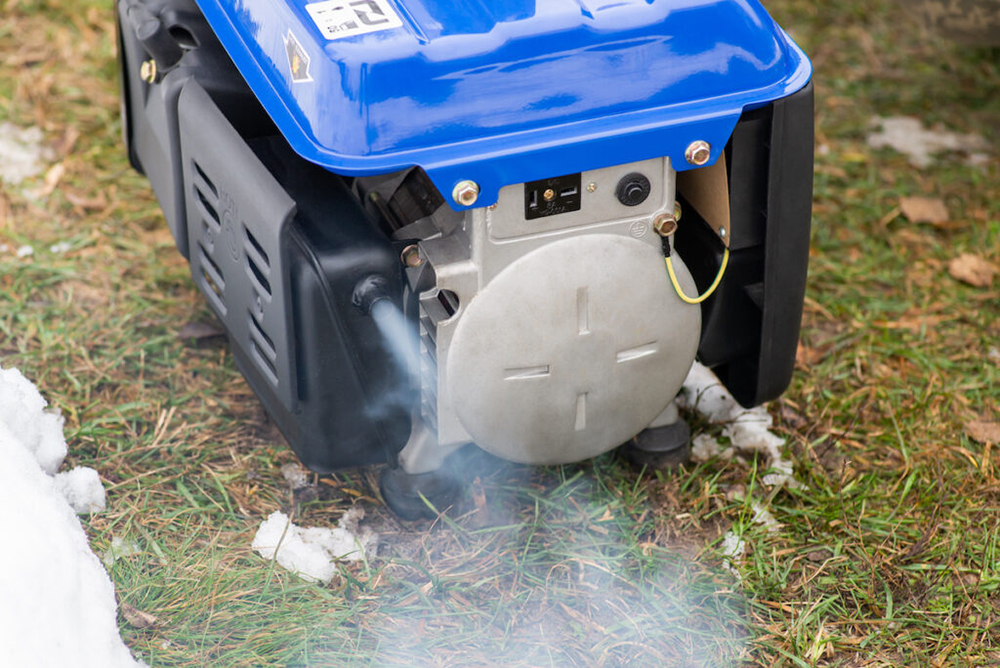
These small generators are meant for things like camping trips, outdoor events, or as an emergency backup for one or two home essentials during a blackout.
The key here is that portable generators are not meant to power your entire home.
If you’re talking about whole-home standby generator installation, this is a very different ball game.
These kinds of generators are designed to kick in automatically during a power outage and keep your home running without a hiccup.
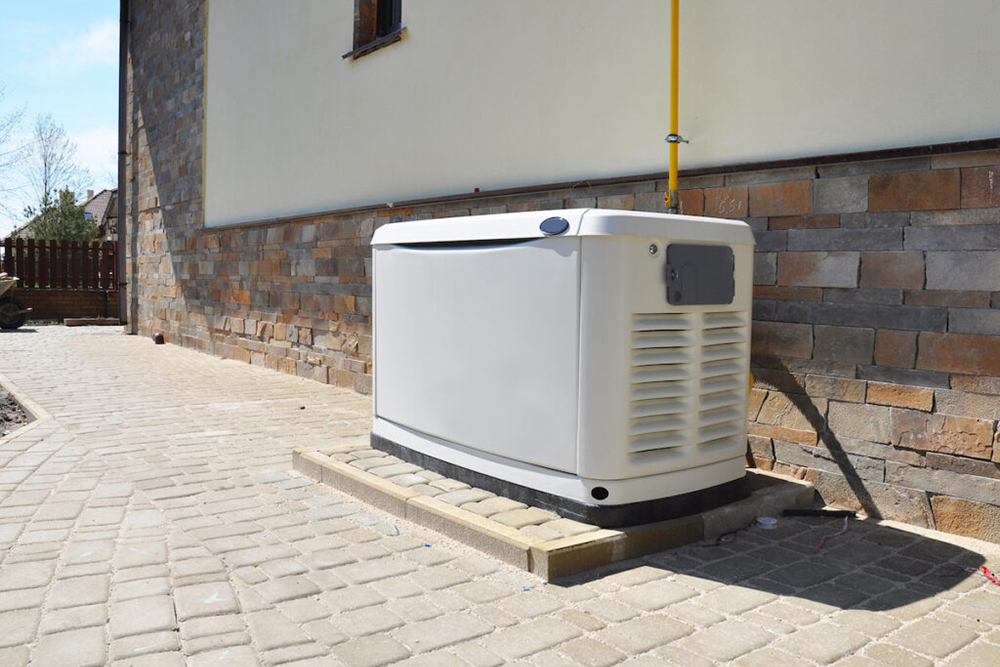
And because of their complexity and how they have to be hooked up, professional installation is a must.
Can I Install a Home Generator Myself?
Attempting to install a standby generator yourself is a no-go. Why?
Well, it’s not just following a set of instructions. It’s extremely risky.
Let’s get into why DIY installation of a standby generator is a bad idea:
- Major Safety Hazards: You’re dealing with gas lines and electrical systems. One wrong move can lead to fires, explosions, or electrocution.
- Voided Warranty: Manufacturers often require professional installation as a condition of the warranty. Go the DIY route, and you might find yourself without coverage when you need it most.
- Improper Installation: Standby generators need to be installed with precise placement and connections. Mistakes can lead to malfunctions, inefficient operation, or damage to your home’s electrical system.
When you’re dealing with high-voltage electrical systems and natural gas or propane connections, mistakes can be costly, dangerous, and even life-threatening.
Not to mention that DIY generator installation can void your warranty, leaving you on the hook for any repairs or damage.
And when I say mistakes can be “costly, dangerous, and even life-threatening,” I’m not kidding. Here are just some of the potential consequences of an improper DIY generator installation:
- Electrical Hazards/Fires: We’re talking about the risk of electrocution or sparking a fire. Wiring a generator incorrectly can lead to a power overload, short circuit, or even a fire in your home.
- Gas Leaks/Explosions: If your generator runs on natural gas or propane and isn’t hooked up right, you could end up with a gas leak.
- Damage to Appliances: Hook up a generator the wrong way, and you could send the wrong amount of power surging through your home’s electrical system. That might fry your fridge, toast your TV, or zap your computer. So, not only are you looking at the cost to repair the botched installation but also replacing all the appliances that got an unexpected jolt.
- Legal & Insurance Headaches: If you install a generator without the proper permits or inspections and something goes wrong, you could be on the hook legally. Your home insurance might not cover damages caused by an unpermitted addition. It’s like building a deck without checking the local building codes—only this mistake could lead to more severe consequences.
Attempting to DIY a standby/whole home generator installation could lead to a whole mess of problems. It’s a task where cutting corners can literally cut years off your life or at a minimum, burn a substantial hole in your pocket.
Hiring an Electrical Professional
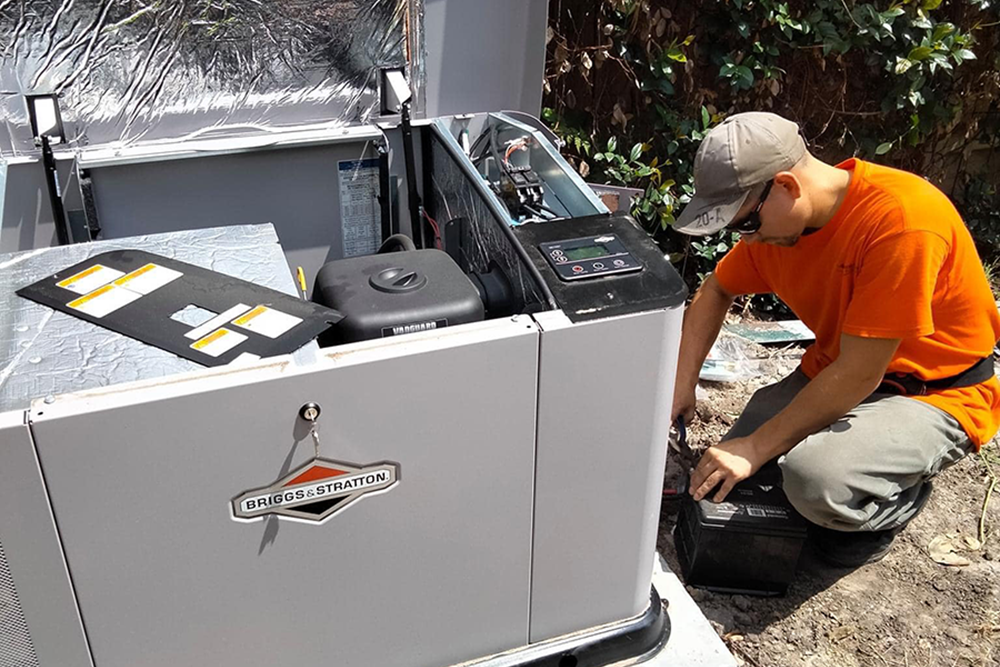
When it comes to installing a standby generator, you want someone who knows the ins and outs—someone who’s not going to scratch their head when looking at your home’s electrical panel.
A qualified electrician or electrical professional authorized by the generator manufacturer is going to be your best bet. They’ll make sure the generator is correctly installed, meets all local codes and regulations, and is set up for optimal performance.
Plus, they can handle any permits and inspections required, making the process as smooth as possible.
The Installation Process
So, what all goes into the installation process for a whole home or standby generator? Well, it’s definitely not a quick weekend project, to say the least.
Here’s a closer look at a few of the things that are involved:
- Choosing the right location, which must be easily accessible for maintenance, away from windows and doors to prevent exhaust from entering the home, and compliant with local codes.
- Preparing a concrete pad or stable base for the generator to sit on. This isn’t just plopping the generator down on the grass. A proper base keeps the generator stable and prevents it from sinking or shifting, which could disconnect it from its fuel source or wiring. Think of it as laying the foundation for a house—it’s got to be right.
- But before you even break ground or lay a concrete pad, securing necessary permits is a must. Local codes dictate specific requirements for generator installation, including where it can be placed and how it should be connected. These permits ensure that the installation process adheres to safety standards and regulations, helping to avoid legal headaches down the line.
- Connecting the generator to your home’s electrical system and to a fuel source, like natural gas or propane. This is definitely not a DIY moment—getting it wrong can mean a dangerous gas leak or a serious electrical mishap.
- Choosing the right size for your standby generator is a crucial step before installation. It’s not just picking the biggest one you can afford or the one that looks about right. You need a generator that matches your home’s specific energy needs.
- Installing a transfer switch, which safely disconnects your house from the power grid and connects it to the generator during an outage. It’s an essential safety feature that prevents the generator from backfeeding electricity into the grid, which can be deadly for utility workers repairing lines. It also ensures that when the power comes back on, the transition is smooth and doesn’t overload your system.
Each of these steps is absolutely critical, and missing even one of them can lead to big problems down the line.
The detailed process of installing a standby generator really highlights exactly why you need qualified electrical pros for the job—from getting the right permits to the final maintenance check. Professional installation will make sure when Houston’s weather hits hard, your house stays powered and comfortable.
Bottom Line
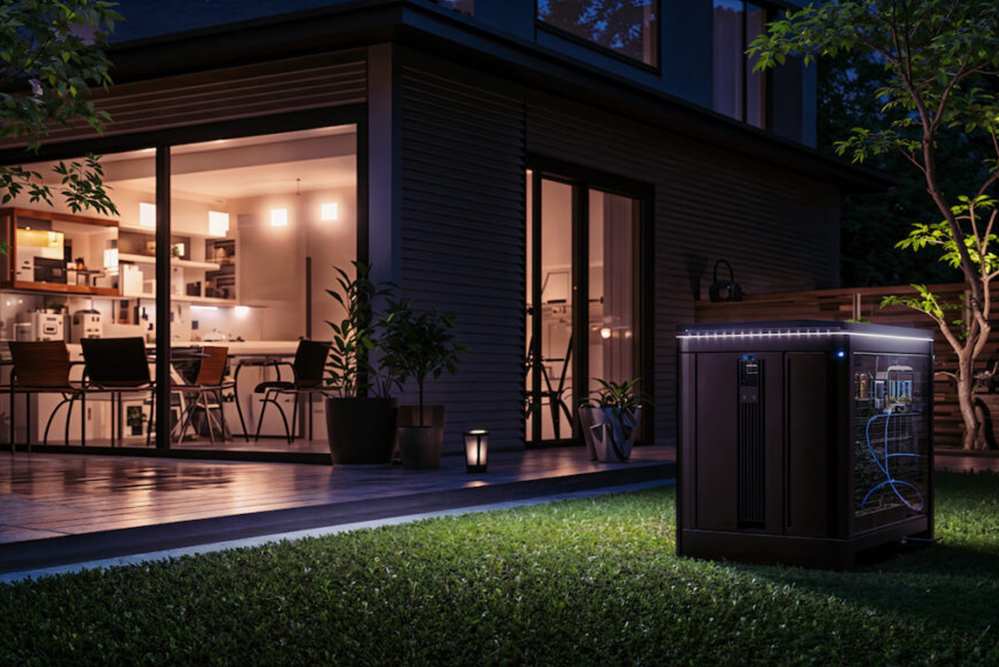
While a portable generator offers a straightforward, DIY-friendly option for small occasional or outdoor power needs, whole home and standby generators demand professional installation. The risks of DIY installation—ranging from safety hazards to voided warranties—are way too significant to ignore.
Hiring a qualified professional not only ensures your generator is installed safely and efficiently but also protects your investment, making sure you have backup power when you need it most. Remember: Keeping the lights on during a power outage shouldn’t mean putting yourself in the dark about safe installation practices.

